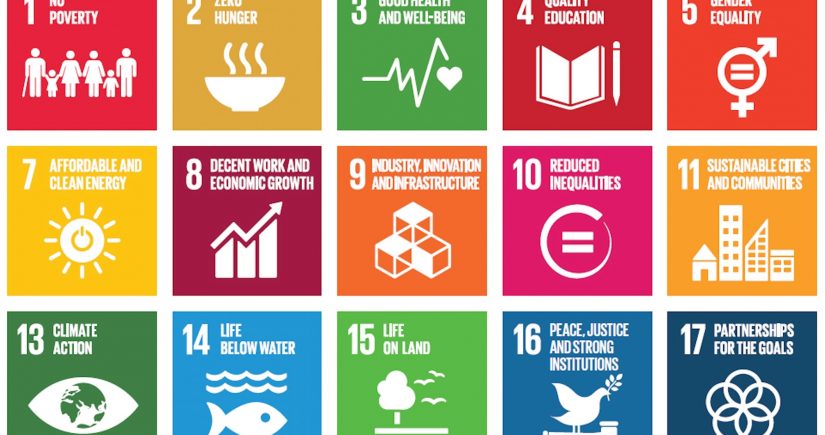Written by John Hawkins, CoST Programme Manager, and Lara Samuels, CoST Communications Advisor, this article was originally published by Open Government Partnership (OGP) here.
There has been much discussion in the global transparency community around the key theme of sustainable development, especially following last month’s adoption of the UN Sustainable Development Goals (SDGs).
Central to the SDGs is building resilient infrastructure (goal 9). Given that infrastructure is critical to economic growth and human development, it is only right that it is prevalent in several other goals and targets relating to cities and human settlements, energy, water and sanitation, and gender equality. However, while investment in infrastructure is a necessary condition to achieving the SDGs it is not, on its own, sufficient.
It is estimated that US$ 57 trillion is needed in infrastructure investment to achieve these goals and that there is currently a short-fall of US$ 500bn per annum. Given that it is estimated that 10-30% of investment is lost through mismanagement and corruption, a change of approach based on Open Government principles is essential to delivering well planned, well built and well maintained infrastructure.
For CoST, working and aligning with Open Government Partnership (OGP) remains at our core, with sustainable economic growth and development as a further key driver.
CoST drives better value from infrastructure investment by increasing transparency and accountability. With 15 participating countries spanning four continents, CoST is a catalyst for reform, improving efficiency and reducing mismanagement, corruption and the risk to public safety from poor construction.
CoST is a partnership between participating countries and international stakeholders that has kept OGP’s key principles at its forefront:
Firstly, it increases transparency by supporting governments to disclose data at each stage of an infrastructure project. Governments commit to this process by establishing a ‘Formal Disclosure Requirement’. This provides a legal basis for institutionalising disclosure across the public sector. Since establishing an FDR a little over twelve months ago, Guatemala has disclosed data on over 3000 infrastructure projects.
Citizen participation is promoted by the civil society representatives on the Multi-Stakeholder Group that steers a CoST national programme. Civil society is also a key target audience for the data and reports that are disclosed. CoST has found that training civil society and the media in the importance of transparency and accountability and in highlighting the key issues the disclosed data and reports reveal is essential. This has led to several examples of the media amplifying problems identified through disclosure and of this pressure leading to governments cancelling failing contracts (with the intention to retender) and identifying significant cost savings. Public radio debates have also helped to mobilise citizens to become strongly engaged, with their involvement driving the process from the bottom up.
CoST promotes accountability through an assurance process that validates and interprets technical data into plain language. This helps stakeholders to understand the main issues and use this knowledge as a basis for holding the responsible parties accountable.
Finally, CoST has driven technology and innovation advances with new web based information systems in Ethiopia, Guatemala, Honduras and the Philippines is rapidly providing citizens with an increasing amount of data on infrastructure investment. This helps to inform and empower citizens and enable them to hold decision makers to account. So, member countries in their use of CoST are helping to increase citizens’ capacity to use new technology.
CoST is tried and tested, and it has proven effective in diverse political and economic environments, as a cost effective tool that can be incorporated by governments to help meet their OGP commitments. To date the UK and Guatemala have done exactly this, with other CoST countries likely to follow.
We would encourage other OGP countries to follow their lead and help deliver resilient infrastructure that enables people to use roads to build their livelihoods, access clean drinking water, allow girls to be taught in well-built schools, and women to be treated in safe hospitals.

